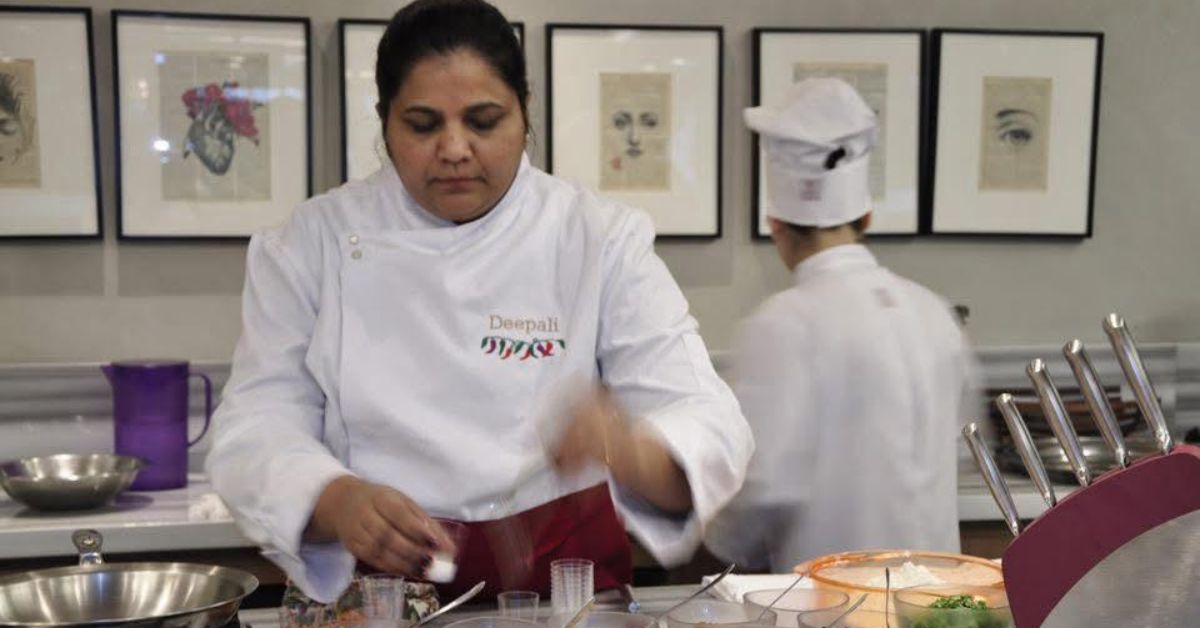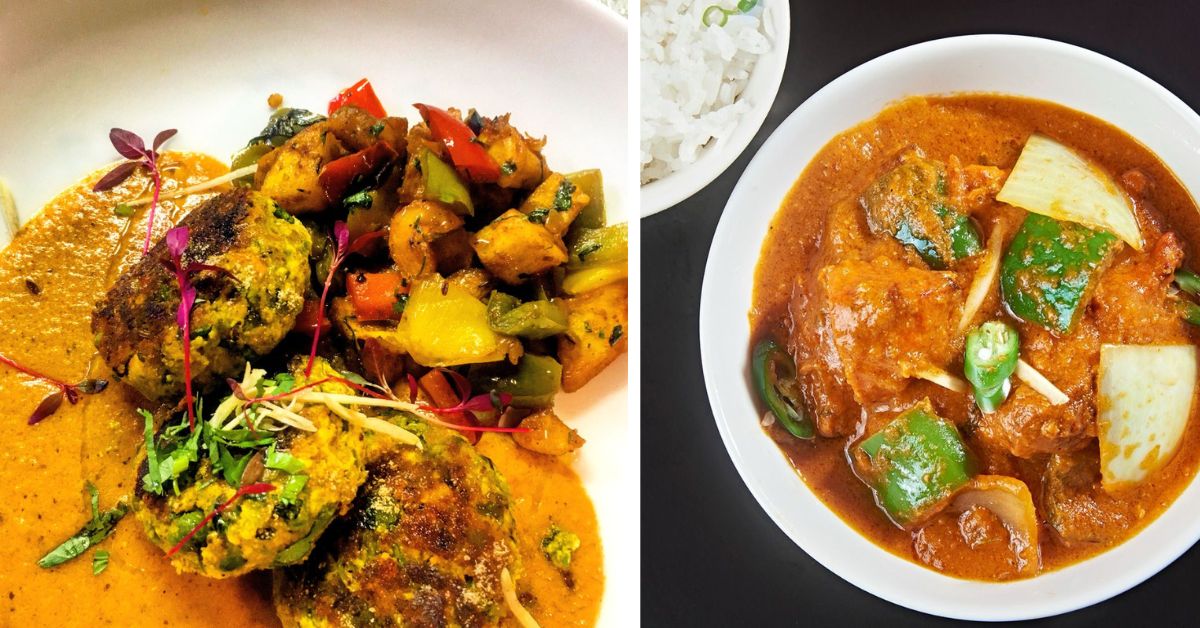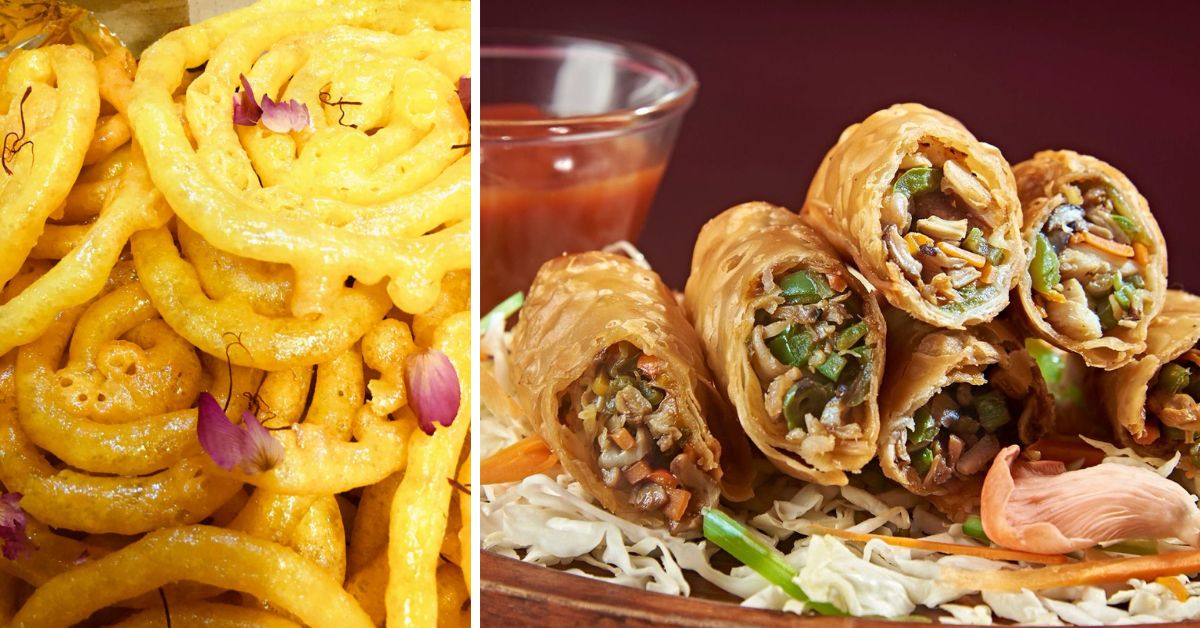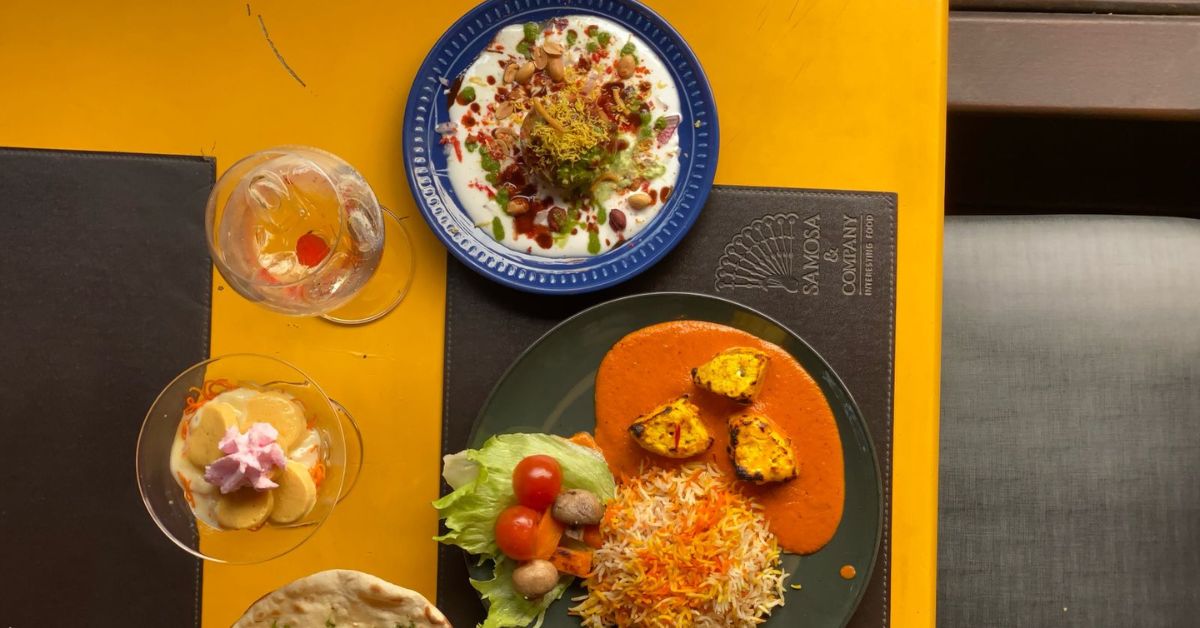Nothing about Nagpur-native Deepali Bavaskar’s culinary journey is ordinary. One of her very first sampling audiences, after all, included prime ministers and delegates.
Today, her Brazil-based venture Samosa & Company — which goes far beyond samosas and snacks to serve a wide repertoire of Indian food — is sparking a dialogue between Indian flavours and Brazilian palates.
A glance at the rave reviews shows the brand’s popularity isn’t just about fun flavours. It wins hearts for its hospitality, ambience, and authenticity.
For a couple with no formal culinary training — Deepali (50), a master’s graduate in botany, and her husband Vijay (54), a pharmaceutical executive — finding a niche in Brazil’s food landscape is no small feat.
And the story of their beginning is, if possible, just as iconic as the food they serve.
Championing India’s soft power through regional flavours
A series of unfortunate events coaxed Deepali and Vijay into the food business. “I was a pharmaceutical executive,” Vijay explains. The itinerant nature of his work meant trips across the globe to Russia, Africa and European markets.

In 1998, the couple moved to Brazil. A food venture wasn’t on the cards.
Vijay recalls the idea being born in 2009 as he stood in front of the then consul general of India in Brazil, Jeitendra Tripathi. Vijay wanted to return to India with the family. The year had been tough for the Bavaskars — Vijay had suffered a cardiac arrest that June, and in July, he’d been fired from his pharma role.
“The consul general asked, ‘What will you go back and do?’ In the spur of the moment, I said ‘Samosa bechenge, sir (I will sell samosas),” Vijay shares.
He goes on, “Me saying ‘samosas’ wasn’t purely random. When we were living in São Paulo, we would often frequent a pizzeria run by a Goan man who would make and sell meat samosas. Once, Deepali made a batch of 90 Indian samosas inspired by Mumbai’s Shiv Sagar restaurant chain recipe and gave it to the family running the pizzeria. They had loved it. That’s what inspired my answer to the consul general.”
Tripathi had his retort ready — Stay back in Brazil and do the same!
He told the couple about a delegation of 150 Indian companies, part of a trade fair that was being pioneered by the ITPO (India Trade Promotion Organisation), that would be docking in São Paulo that year. Assuring them of all support from the consulate, Tripathi asked if they would cater for the event.
They did, and it was a success.

Cooking for hundreds wasn’t new territory for Deepali. “When we moved to Brazil in 1998, there were only a few Indian families. So, naturally, we’d all meet and have expat parties at home. At these parties, I’d cook for 25 people.” These batch menus, she says, shaped her skills.
But, Vijay says, the real twist came in 2011 when 50 eminent artists from India, part of the ICCR (Indian Council for Cultural Relations), came to Brazil. “They had a major issue with finding Indian food in the three states they had toured. But when in São Paulo, we catered for them. The meals were tailor-made according to their palate preferences; Kashmiri food for artists hailing from Kashmir, South Indian dishes for those from those regions.”
The flavours struck a chord with the artists; they sang its praises all the way to the embassy.
Up until then, the couple operated from an informal home kitchen setup. The inflection point came in 2012.

“In 2012, the Indian PMO delegation visited Rio de Janeiro to participate in the International Conference on Environmental suitability ‘RIO 20 Mais’. This delegation was headed by Manmohan Singh and family, Minister of Forests and Environment Jayanthi Natarajan, UN ambassador Hardeep Puri and high-level diplomats across the globe and 50 SPG security force. It was a total of 150 delegates,” Vijay shares.
He continues, “We were asked to set up a pop-up service in Rio de Janeiro for the delegation, and cater for the breakfasts, lunches and dinners; it was just Deepali, me and two helpers.” Everyone who sampled the food loved it. And out of the earnings of the event was born Samosa & Company that year.
Since its inception, the couple has sought to place Indian flavours on the same playing field as their global counterparts.
Sprucing a global appetite for Indian flavours
On the Samosa & Company menu, a bounty of different Indian dishes, each originating from regions across the subcontinent, vie for menu space.
These include the aloo tikki (potato dumplings seasoned with date and mint chutney and topped with a yoghurt sphere); samosa — both vegetarian (filled with a spicy mix of potatoes, peas, cashews, raisins, herbs, and spices) and meat (filled with a spicy mixture of ground goat meat, seasoned with herbs and spices) versions; the tempura pakoda (breaded snack fried in chickpea flour filled with a mix of seasonal vegetables); kathi roll (fried Indian roll stuffed with vegetables; dhokla (made with chickpea flour, coriander, cumin, ginger, pepper, and yogurt); khasta kachori (fried puff pastry dumpling filled with chickpea flour seasoned with fennel seeds, ginger, pepper and aromatic spices); and fish Amtrisari (yellowfin tuna battered with chickpea flour and spices) amongst others.

But the journey of ideating an Indian menu (heavy on spices) for a Brazilian audience — Brazilian cuisine hinges on bold, complex flavours; not so much of spice — was tough. Deepali explains, “People in Brazil love barbeques, heavy in herbs and salt.” Catering to these palate preferences meant dialling down the spices in the Indian dishes while preserving the flavours.
Sharing an anecdote that puts into perspective how tough it was to procure Indian ingredients in Brazil, Vijay recalls their last supermarket rendezvous. “We found jamuns in the market here only a few months back! We even clicked a picture with them; we were so excited. So you can only imagine when we started out in 2012, how tough it was finding the right spices. To preserve authenticity, we would make trips to India, and when friends would come visiting, they would bring us back kasuri methi (fenugreek) and chaat masalas (spice powders).”
But if Deepali had to narrow down on two dishes that proved to be the most challenging, she says, it would be the dosa (Indian crepe) and idli (steamed rice cake). “Clean, white urad dal (black gram) was not available in São Paulo; whole urad dal was. To clean it, we would have to soak it for two days and then remove the black skin.” Gulab jamun (Indian sweet made of milk solids), too, was a task to prepare, as there wasn’t mawa or khoya available.
Every time Deepali finds herself at an impasse while ideating a recipe, she finds a way through it. And in that lies her success. Looking back at the journey to this point from a “middle-class Maharashtrian family” to now, catering for the who’s who of the world, it’s been telling.
Another two golden moments were added to her archives of culinary success when she catered for Prime Minister Narendra Modi at the 18th G20 Summit held in Rio de Janeiro in November and then once again at the XVII BRICS Summit in July this year. As Vijay smiles, “We started with one prime minister and our journey led us to serve another too.”
All pictures courtesy Vijay Bavaskar

No comments:
Post a Comment